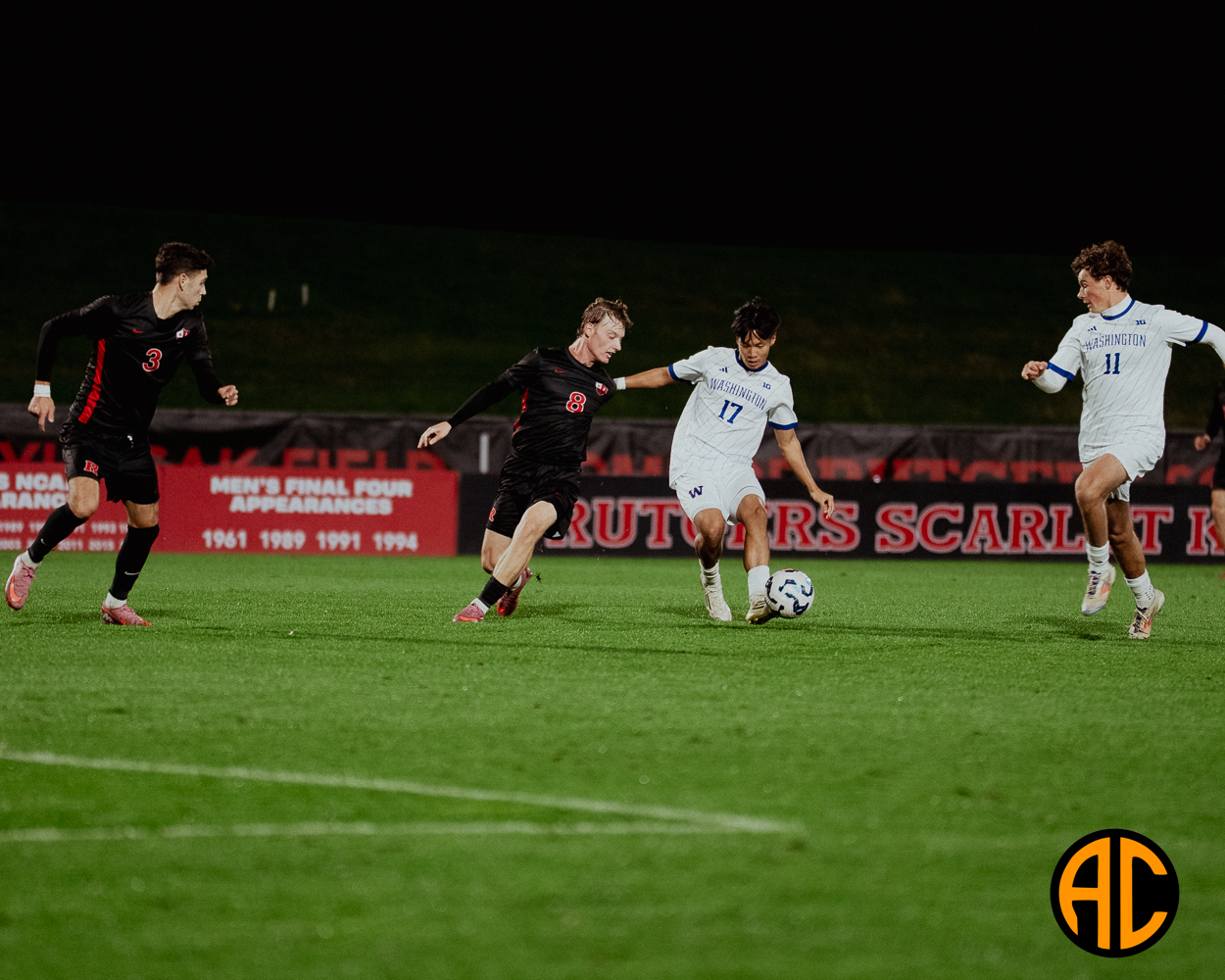When the Game Stops Being Fun
At Athletically Challenged, we’ve spent years telling the stories of athletes — their triumphs, struggles, and the countless hours of work they put into chasing their dreams. But too often, we hear stories that break our hearts. Not because a kid lost a game. Not because a season didn’t go as planned. But because the very adults who are supposed to guide, support, and inspire athletes are the same ones crushing their spirit.
Let’s be clear: no athlete is the property of a coach, program, or organization.
And yet, the culture of control in youth sports — from travel ball to high school, and even beyond — is spreading like wildfire. It’s a culture where coaches use guilt, blackmail, and manipulation to trap young players in their programs. It’s a culture that kills a child’s love for the game before they ever get a fair chance to reach their full potential.

When Coaching Turns Into Possession
A great coach pushes athletes to grow — not because of what they can gain from the athlete, but because of what the athlete can become. But some coaches cross the line. They stop guiding and start claiming.
Here’s how it looks:
- A coach demands loyalty and paints leaving the program as betrayal.
- A coach makes threats like, “You’ll never play at the next level without me,” or, “Good luck getting recruited without our connections.”
- A coach takes credit for every ounce of an athlete’s talent, acting as though the child is only valuable because of their system.
This mindset turns coaching into possession. It makes a young athlete feel like they’re trapped, stuck between the game they love and the adult who refuses to let them go.

The Emotional Toll on Young Athletes
Sports should be a place where kids feel free — free to compete, to fail, to succeed, to try again. But when a coach treats an athlete like property, the joy is stripped away.
We’ve heard athletes say things like:
- “I’m scared to leave because my coach said he’ll block me from getting playing time anywhere else.”
- “I don’t even want to play anymore because it feels like I’m in a prison.”
- “My coach makes me feel guilty for wanting to try something new, like I owe him my whole career.”
This is more than just tough coaching. This is psychological manipulation. It breeds anxiety, resentment, and burnout. It can end a young athlete’s career long before it should — not because of injury, but because they’ve been made to feel powerless in their own journey.

The Tactics Nobody Talks About
Control doesn’t always look obvious. Sometimes it hides under the label of “team culture” or “loyalty.” But make no mistake, these tactics are toxic:
- Blackmailing Through Playing Time
- “If you think about leaving, don’t expect to start this season.”
- Playing time becomes a weapon, not a reward.
- Blocking New Opportunities
- Coaches calling around to badmouth a player who left.
- Preventing athletes from joining other teams or programs.
- Guilt Trips in the Name of Loyalty
- Making kids feel like they’re abandoning a “family.”
- Using shame to force commitment, even when the fit is wrong.
- Claiming Ownership of Development
- Coaches insisting, “You wouldn’t be who you are without me.”
- As if the endless hours the athlete put in on their own don’t matter.
These behaviors don’t just hurt athletes — they poison entire programs. They send the message that control matters more than growth, that ego matters more than opportunity.

Parents and Athletes Aren’t Powerless
The good news? Families and communities can push back. Here’s how:
- Recognize the Red Flags
If your child suddenly dreads practice, feels pressured not to explore other opportunities, or expresses fear of leaving a coach, it’s a sign of control, not leadership. - Have Honest Conversations
Parents should remind their kids: You don’t owe anyone your future. Playing for a program is a choice, not a life sentence. - Protect Their Opportunities
If a coach threatens to block recruiting or playing time, document it. Bring it to league officials or administrators. Shine a light on manipulation. - Find Coaches Who Empower, Not Control
There are great coaches out there who understand their role: to build, not bind. Seek out programs where athletes are celebrated for growth, not guilt-tripped into staying.

The Real Role of a Coach
At Athletically Challenged, we’ve covered programs and coaches who are true leaders. The ones who:
- Celebrate when an athlete moves on to bigger opportunities.
- Focus on building confidence, discipline, and skills — not ownership.
- Understand that their legacy is not in trapping kids, but in preparing them for life beyond their team.
That’s what coaching is supposed to be: guidance without strings.
A coach’s job is to prepare athletes to soar — even if that means soaring somewhere else.

Conclusion: This Has to Stop
Youth sports should never feel like a prison. And yet, for too many kids, that’s exactly what it becomes when a coach treats them as property instead of people.
At Athletically Challenged, we stand for athletes. We stand for their freedom to grow, to choose, to love the game without fear of manipulation. We stand against the toxic culture of control.
If you are a coach, hear us clearly: you do not own these kids. You are entrusted with their growth, their confidence, and their love for the sport. Nothing more.
If you are a parent, know this: your child’s future belongs to them. Not to a program. Not to a coach.
And if you are an athlete reading this — remember: your passion, your opportunities, and your dreams are YOURS. Nobody has the right to take that away from you.




